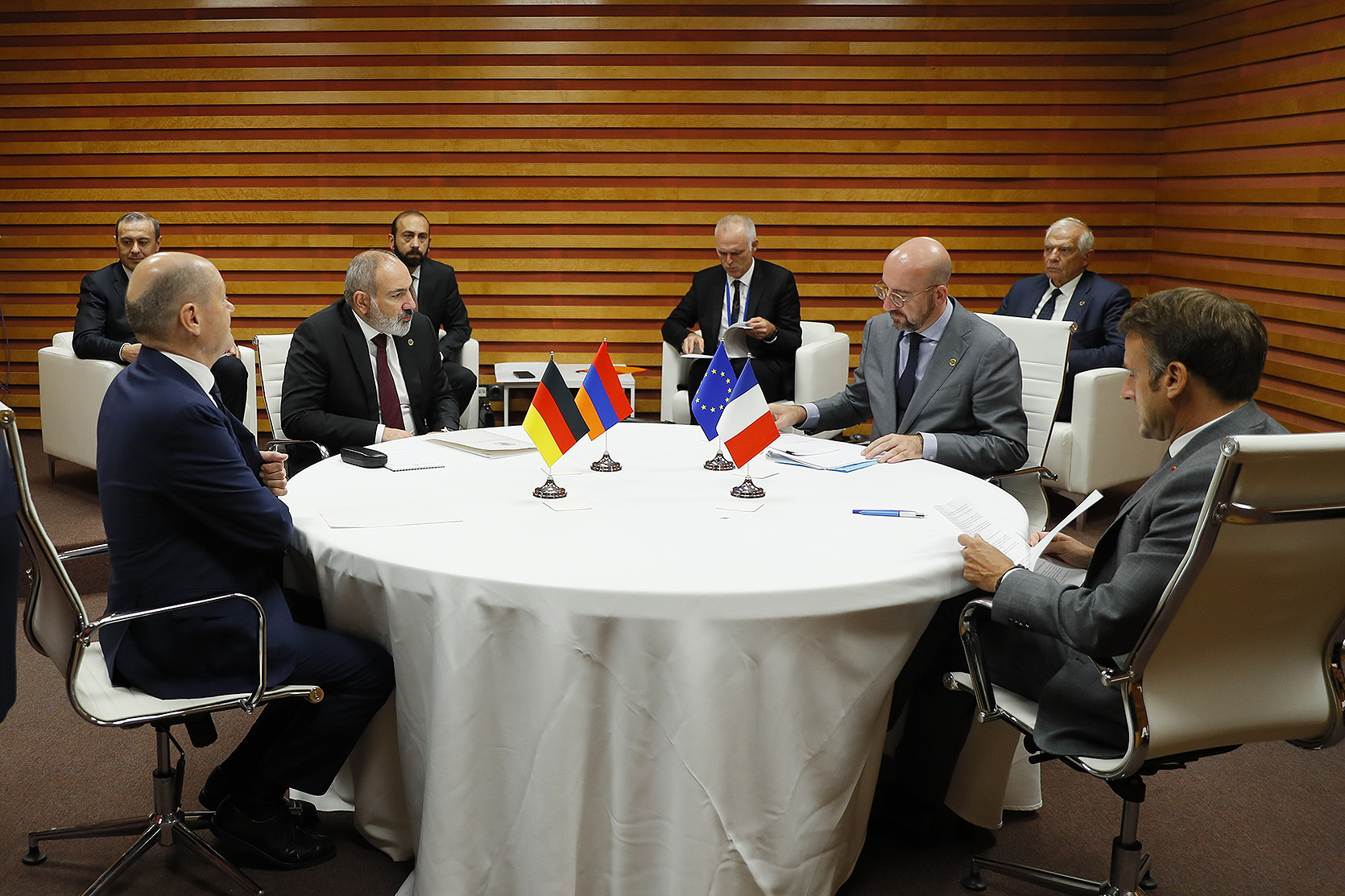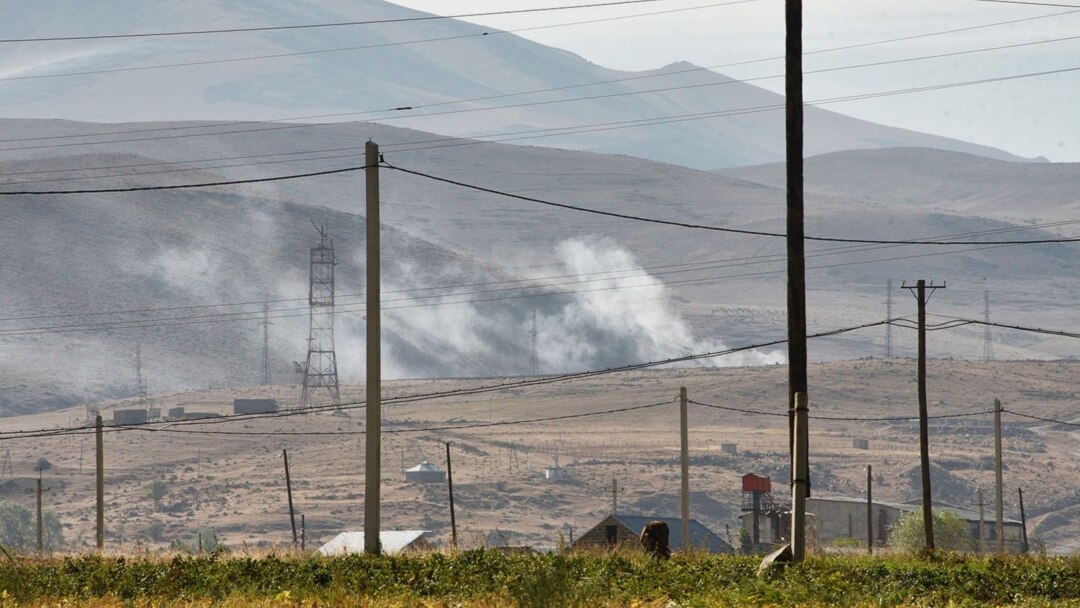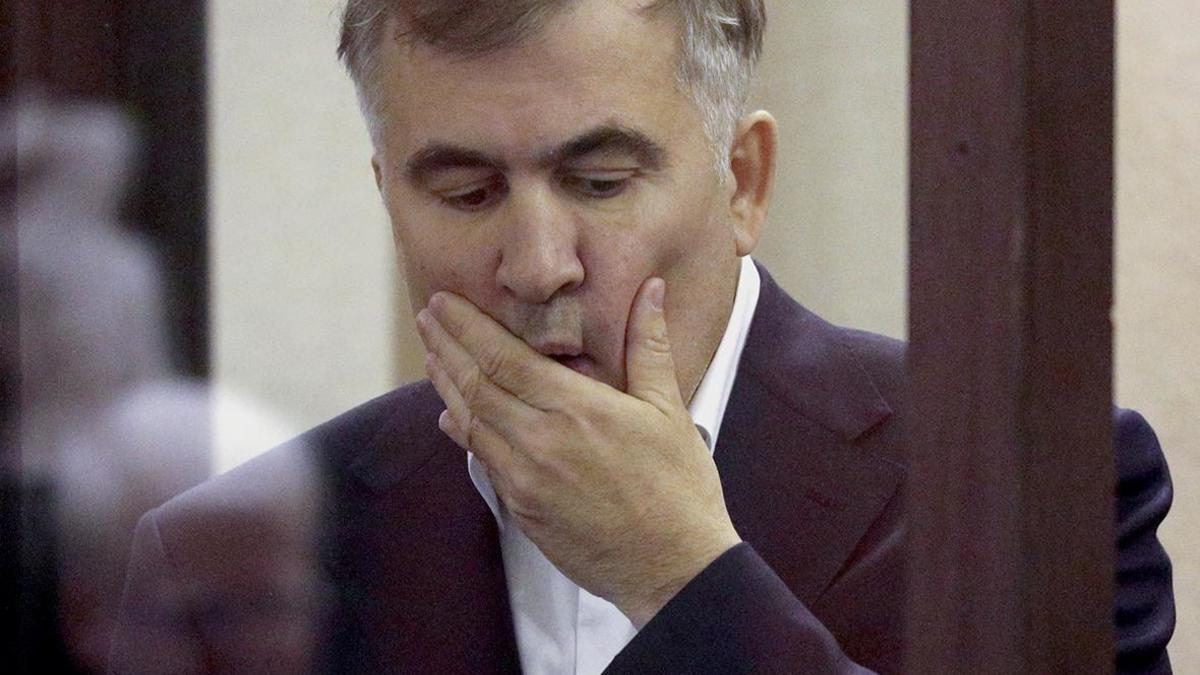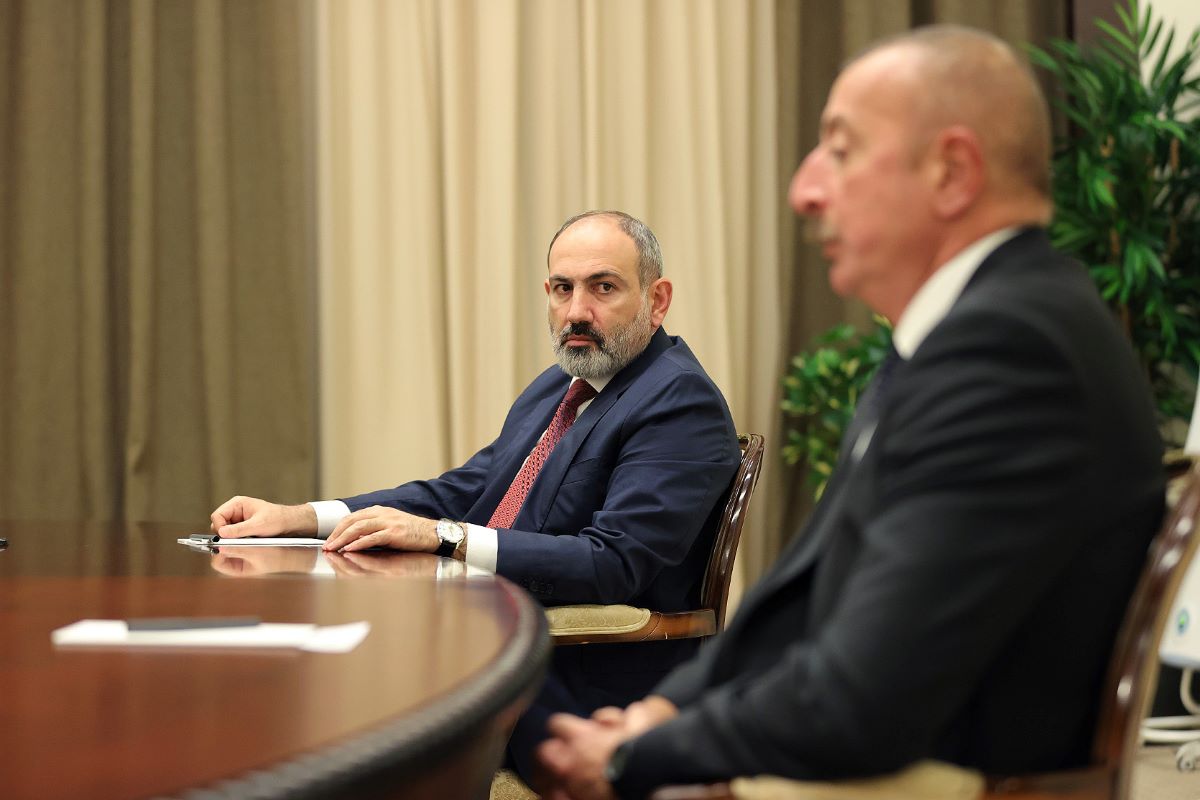Meeting in "3+3" format. Opinion from Yerevan: "There are risks, no benefits"
Meeting of the 3+3 platform
The “3+3” regional platform will not discuss conflicts, and the participants of the format will focus on joint agendas in the field of economy and development, as stated by Armenian Foreign Minister Ararat Mirzoyan in Tehran, recalling the agreements reached during the previous meeting at the same platform in December 2021. Both the first and the second meetings were attended by representatives of Turkey, Russia, Iran, Armenia and Azerbaijan, although the format presupposes the presence of Georgia as well. Georgia refuses to discuss in the format in which Russia participates.
Following the October 23 meeting, the sides adopted a joint statement. It claims that the most urgent regional issues were discussed.
In his speech, Ararat Mirzoyan paid much attention to the issue of unblocking regional transport. He reaffirmed Armenia’s readiness to open roads through its territory.
Political scientist Ruben Mehrabyan believes that anything in the “3+3” format, including the issue of unblocking, can move forward only after peace is established in the region. Until then, he says, the platform cannot be effective.
- Economic ties between Georgia and Russia are growing, but Georgia will not participate in 3 + 3 format
- “France to help protect Armenia’s skies”. Signing of documents in Paris
The first meeting in the “3+3” format was held on December 10, 2021 in Moscow, the second in Tehran. However, the idea of creating a “new platform for regional cooperation” belongs to Turkish President Recep Tayyip Erdogan.
Armenia agreed to participate in this format on the condition that the issues already discussed in other negotiating platforms would not be addressed here. In particular, this reservation concerned the settlement of the Karabakh conflict, as well as the demarcation and delimitation of the border with Azerbaijan.
Although Turkey is the initiator of the platform, Armenian experts recall that back in 2020, during the Karabakh war, Iran had already stated that it was preferable to resolve regional issues within the region.
“Armenia is interested in unblocking all infrastructures”
Talking about unblocking regional transport, the Armenian Foreign Minister said the country is ready to become a part of these projects “on the basis of respect for the sovereignty and jurisdiction of states, the principles of reciprocity and equality.”
“We believe that the intersection of North-South and East-West transportation routes in our region, including their passage through Armenia’s sovereign territory, can become a unique crossroads of peace for all of us,” Mirzoyan said.
According to him, Armenia considers the process of mutual integration of railroad infrastructures, including the construction or restarting of necessary lines, important. The minister raised the issue of restarting the Gyumri-Kars railroad, as well as the branch of the North-South road through the territory of Armenia:
“The Republic of Armenia is interested in railroad communication with Iran, Russia and Central Asia through the territory of Azerbaijan and is ready to provide access of the railroad passing through its territory for other countries of the region, as well as for international transits on the principle of reciprocity.”
Mirzoyan emphasized that Armenia attaches importance to regional cooperation in the spheres of economy, logistics, energy, water resources management, and the preservation of cultural heritage.
He recognized the existence of complex problems in the region that need to be solved, “otherwise the region will be doomed to remain forever in the past.”
But the projects of the future, in his opinion, will not be realized if the red lines of regional coexistence defined by international law are not observed. As a benchmark, he cited the goals and principles of the UN Charter, in particular the non-use of force and the threat of force, the principles of territorial integrity, sovereignty, the indivisibility of borders and the protection of basic human rights.
The joint statement refers to “mutually beneficial cooperation”
The joint statement adopted in Tehran consists of 9 points. It affirms the importance of the “3+3” platform for “constructive dialog and establishment of mutually beneficial cooperation between the countries of the region”.
It says the participants in the meeting
- stressed the importance of peaceful settlement of disputes, respect for sovereignty, political independence, territorial integrity, inviolability of internationally recognized borders, non-interference in internal affairs, prohibition of the threat or use of force and respect for human rights based on all principles of the UN Charter,
- recognized the positive impact of economic cooperation on strengthening mutual trust, the well-being of peoples and the stability of the region,
- welcomed the ongoing processes aimed at regulating and developing relations between all countries of the region.
The statement also said that the format remains open “for Georgia’s equal participation” therein.
The Foreign Ministers agreed to hold the next meeting in Turkey in the first half of 2024.
Comment
Political analyst Ruben Mehrabyan says that Armenia considers the “3+3” a consultative platform and is not going to discuss conflicts in this format. He believes that Yerevan will not change its position.
“Armenia does not consider this platform functional to any extent until peace is established in the region. And peace will not be established on this platform at all,” he told JAMnews.
According to the political analyst, the “3+3” platform implies more risks than benefits for Armenia. He does not see any positives in this format yet.
“This platform is focused on solving the problems of the region, as well as Russia, Turkey and Iran among themselves, without the West. Moreover, in those issues where the West is active, the format intends to reduce its presence and fill in with itself,” he said.
According to Mehrabyan, Armenia has serious reservations about cooperation in this platform, Georgia does not recognize it at all. Agreement within the format is between Ankara, Moscow, Tehran and Baku.
“Azerbaijan has done everything to turn this meeting in Tehran into a factor that would allow Baku to avoid traveling to Brussels [for Western-mediated talks scheduled for late October – JAMnews], but it will not succeed.”
He believes that this would be possible if it were possible to “bring Armenia back into Russia’s sphere of influence and convince it that regional issues are solved only in the region”.
The expert believes that the West cannot be forced out of the region, “it is already here, including in the form of the EU observer mission” monitoring Armenia’s border with Azerbaijan.
Mehrabyan insists that the “3+3” format can be effective when all the countries of the region have diplomatic relations with each other.
Follow us – Twitter | Facebook | Instagram
Meeting of the participants of the 3+3 platform






















